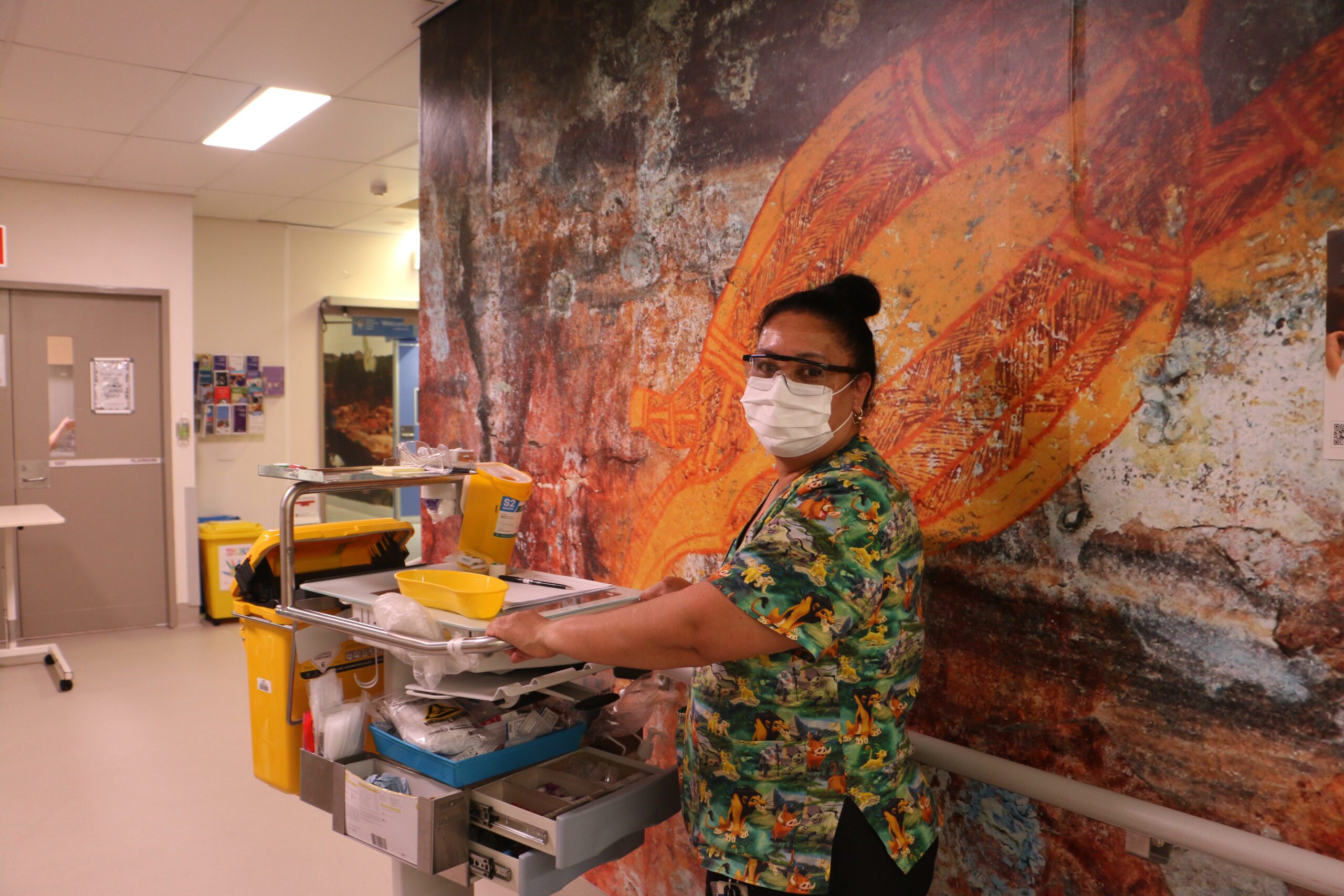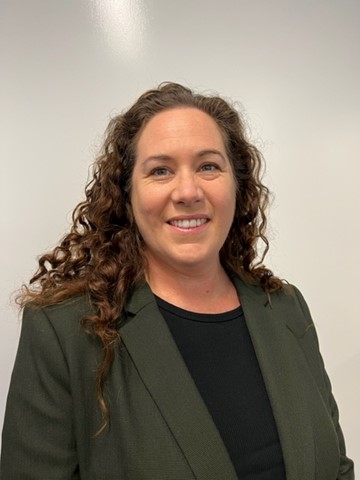Media Resources & Contact

Let’s learn more about Monu. Official title – Phlebotomist (adults and children) Pathology Collector.
How long have you worked with NSWHP?
Fourteen years in Newcastle, John Hunter Hospital. I started my pathology career with a private pathology provider for three or four years. There, I couldn’t go any further working with children as I had limited exposure with young patients. I always wanted to work with babies and kids, so I moved to public pathology for more paediatric experience.
What is different between paediatric and adult collections?
It’s very different. With adult patients, you can talk to them and make sure they understand what you are there to do. If they say no, that’s it; you respect their decision. But with kids, it takes work. I talk to the parents or carers and explain it to them to gain consent. Most of the time, their doctor has already explained it to them before we get there. The child may not understand or be able to talk, so you need to put them at ease in other ways and encourage the child to relax. Paediatric collections are not always easy – but it is unbelievably rewarding to know you are helping care for that child. It might take more than one attempt sometimes. You need to be mindful that there could be other things going on for that family. Families are often upset and can be understandably emotional, and you need to take time and not rush your time with them. This role is always challenging and I still learn new things every day, but that’s why I enjoy it. I see lots of children with intellectual or physical disabilities who have different needs. We use a different approach and often need two collectors to support these patients. We always try to collect blood on the first attempt to avoid the child getting too uncomfortable. Before seeing the patient, I have to know the environment I’m walking into. Every situation is unique, and every patient and their experience is individual. They may be upset or anxious. As professionals, we constantly assess the risk and the environment we are going into.
What characteristics or personality do you need to do your job well?
Well, you have to be a very calm person. You need a lot of patience when you work with children. But, not just the children, the parents too. I try to put myself in their shoes and think how I’d feel if it were my child. I step into that space without fuss and give quiet assurance.
What is the hardest thing about being a collector?
When I see kids and their parents suffering and not getting better, it’s so hard to deal with that. It’s tough to see that every day, and of course, it takes a toll on you too. You wish people didn’t have to go through that.
How do you switch off at the end of the day?
I learnt how to do it. One of my teachers told me, ‘You walk in the door in the morning, hang up your coat, and you’re at work – it’s work time’. When I walk out and put on my coat, that’s my signal; I don’t take anything home or let anything affect my family.
Would you recommend your job to others considering pathology collection?
Yes, I’d definitely recommend it. It’s a very family-friendly job you can shape around your lifestyle. You can work shifts and choose early or later shifts depending on what works with your commitments. It works for my family. I started by completing my Certificate III in Pathology Collection.
What makes you come to work every day?
It’s the love of teamwork; we work with the other girls as a team. I enjoy being around lots of different people and families. I prefer not to be in one spot all day, and the ward rounds give me variety plus I mainly work with children, which I love. I see the tiniest of bubs. I am passionate about sharing my experience working with children. I mentor new paediatric collectors and help them develop their skill sets.
What’s the best advice you’ve ever been given?
Working with paediatric healthcare teams is like a big family where you know everyone and they all know you. The nursing staff, the doctors, etc. We are a tight-knit multidisciplinary team. Working as a team – that’s the most crucial piece of advice I ever got. Your team is your family, and you support each other every day – never forget that.
Outside of work, what brings you joy?
I have three kids of my own. They’re big kids now, though. My baby is 18, so not much of a baby anymore. I’m in a choir, a church choir as a singer. I’m not very good, but I enjoy it. I also arrange flowers for friends and family.
If you hadn’t started in pathology, what do you think you’d be doing now?
Before pathology, I worked in the mental health sector with people with dementia for 16 years. Still caring for people and it worked well for my family and lifestyle because I could do night shifts while my kids were young. It was flexible and worked for us. When they started school, I decided to make the change, but I think I’d be doing something like that, still in health and wellbeing.
Are you interested in becoming a pathology collector? Find all our opportunities in our careers section.

